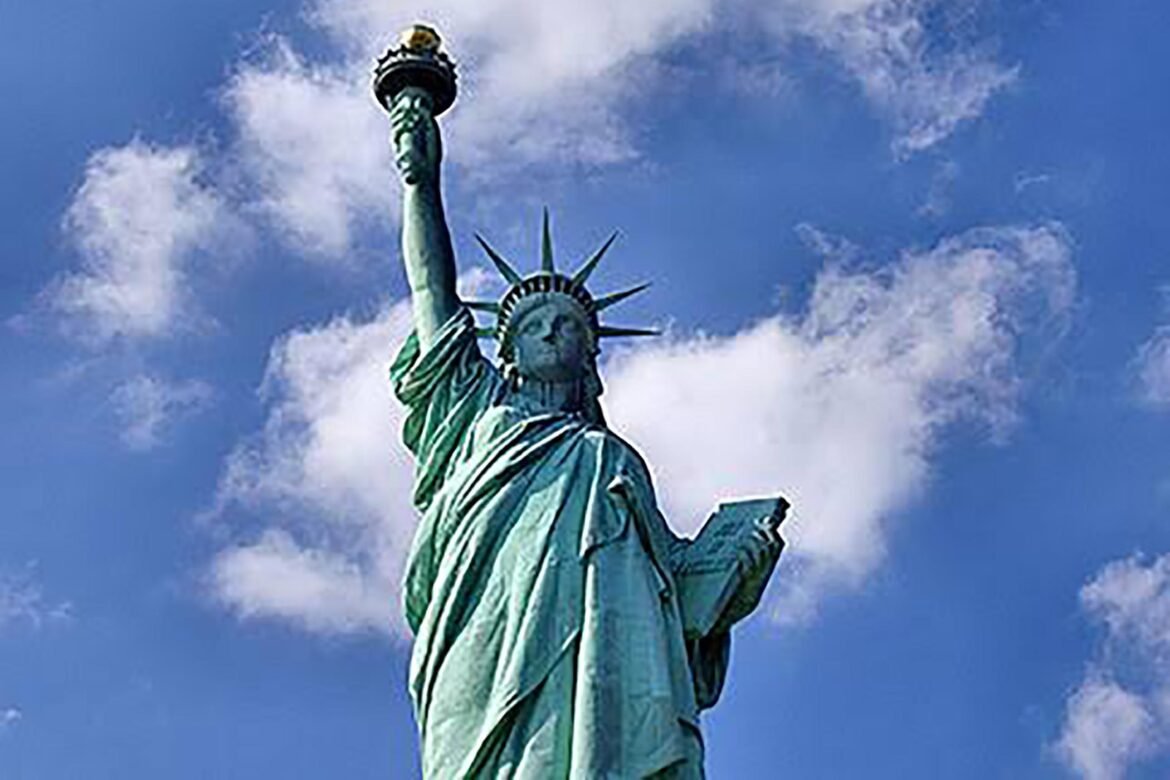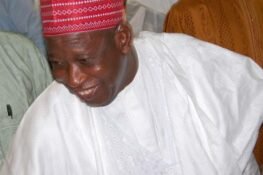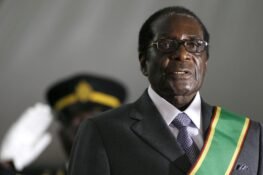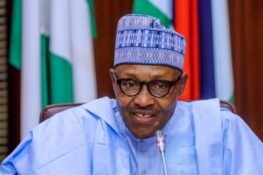Engaging with the police is not something many people like to do.
That is relatively true for anyone in any part of the world.
But there are things billions of people around the world, even Africans are unaware of and may even take for granted; in how they relate with police.
That is, they don’t really know what it feels like to live in a police state.
Black American however do.
Yet, America is never classified as a police state.
And every time the society speaks out against the treatment of minorities in the United States, the police act like they are the victims.
There are hundreds of stories of Black Americans who spend time in say, Nigeria or Ghana and are in shock over how ordinary citizens don’t live in fear of the police.
For them, fear of the police and getting killed by them for no apparent reason is something they live with every day of their lives.
With the exception of a majority of tribes in South Africa, most Africans have never been exposed to racism.
They know and understand what tribalism and religious bigotry feels like and the impact it has on the progress of society.
Now they are all watching in horror from the phones, on Instagram, Facebook and twitter what racism means.
And it is coming out from a country most Africans hold in high esteem, the United States of America, which is supposed to be the pillar of democracy, equity and fairness.
Every time the society speaks out against the treatment of minorities in the United States, the police act like they are the victims
In the past, American racism could only be experienced by being present in the country.
Not anymore.
Not in the age of social media and not when ordinary people are using their cellphones to record videos of everyday random incidents.
Now the whole is getting to watch the violence perpetrated on black people on a daily basis by the police.
The protests engulfing the country for two weeks now, and have sometimes been accompanied with looting, property destruction and violence were a culmination of three incidents that were recorded and the videos posted on social media.
The video clips have exposed the extent at which black people are killed or harmed by the police with impunity.
They also make it harder for the majority white race to remain in denial about the racism and police violence towards African America.
First was a 26-year-old man, Ahmaud Arbery who was out jogging only for vigilantes in the neighborhood to chase and kill him because they felt he looked like a criminal.
One of the suspects who helped corner him recorded the chase.
And for two months, no arrests were made until the video clip of the chase and murder appeared on social media.
The second video clip was of a white woman, Amy Cooper telling a black man, who asked her to put her dog on a leash at the New York Central Park, that she would call the police and tell them he was threatening her life.
And she did.
Historically, her allegations would be enough for the police to appear on the scene and shoot him dead.
The man she was addressing, also named Cooper, Christian Cooper recorded to whole incident and later posted it on Facebook.
Trevor Noah, South African comedian and host of the Daily Show in the US later broke down what Amy Cooper’s actions meant.
Cooper, he said, “blatantly knew how to use the power of her whiteness to threaten the life of another man and his blackness. What we saw with her was a really powerful explicit example of an understanding of racism in a structural way.
“When she looked at that man, when she looked at Cooper and she said to him, ‘I’m gonna call 911 and I’m gonna tell them there’s an African man threatening my life.’
“She knew how powerful that was. It tells you how she perceives the police. It tells you how she perceives her perception or her relationship with the police as a white woman. It shows you how she perceives a black man’s relationship with the police and the police’s relationship with him.”
The third incident and video was the last straw the broke the camel’s back.
A white police officer pressed his knee on the neck of a black man who was handcuffed and on his stomach for close to nine minutes.
He was unresponsive for close to three of those minutes and was later pronounced dead.
The streets of virtually every major city in America have refused to go quite ever since. They have taken over by protesters.
The United States of America is unique in why it fought a civil war between 1861 and 1866.
In 1986, the US Congress had to override the veto of President Ronald Reagan to pass the Comprehensive Apartheid Act, which placed sanctions on the white minority government in South Africa
Central to the conflict was the economics of slavery and political control of that system.
It was about protecting jobs of white labourers.
Slave owners in the southern states wanted to use black labour anywhere they wanted, while the northern states didn’t want white labour displaced in their part of the country.
The south first lost an election, then they lost a war.
Legally, it brought an end to slavery but laws were then created to make the lives of black men a living hell.
Noam Chomsky, an award-winning linguist and historian has written extensively about racism and how black people have been brutally repressed for 400 years.
In response to questions about the protests currently rocking the country after the killing of a black man by the police, Chomsky describes what happened after the abolition of slavery as the criminalisation of black life.
Explaining what he means by the term, he said, “It is commonly used in studies of American society. In the former slave states in the late 19th century it was deliberate policy.
“If a black man was standing on the street, he could be arrested for vagrancy, given a fine he couldn’t pay, and sent off to prison – where he could be provided to businesses as a perfect worker: disciplined, no protests, cheap.
“That was a major contribution to the manufacturing revolution of the time, as well as to agribusiness. The second wave of criminalization took off with Ronald. In 1980, when he took office, incarceration rates were within the European range.
Since then, they have exploded, far beyond Europe. Those imprisoned are disproportionately black. That is partially the result of the drug war, and is partially traceable to greater crime among blacks.
These days, the stories coming out of the United States is of White Supremacy, an ideology of hate and rage towards all other races
“The latter fact is sometimes adduced in racist apologetics, suppressing the question of why crime is greater among blacks. That is typical of oppressed communities.”
In 1986, the US Congress had to override the veto of President Ronald Reagan to pass the Comprehensive Apartheid Act, which placed sanctions on the white minority government in South Africa.
Left to Reagan, the white minority should have continued to rule South Africa perpetually.
Of course, Reagan didn’t think much of Africa.
In an audio recording released for the first time last, he is heard calling African delegates at the United Nations monkeys.
Though he was a governor at that time, it explains his policy towards the Apartheid regime in later years when he was elected president.
These days, the stories coming out of the United States is of White Supremacy, an ideology of hate and rage towards all other races.
Tragically, the ideology appears to have been embraced at the highest level of the US government.
And if that is how white America feels about some of its own citizens, it calls into question what the true goals of US foreign policy towards Africa are and whether this is a county that can be trusted.
As it is, restrictions have already been placed on a number of African countries, including Nigeria, limiting their abilities to live, work and study in the United States of America.
The irony is that through the protests and televised killings of black people in the past days not a single US ambassador serving in Africa has offered any words of assurances to the continent about what is happening in their country
Their silence is deafening.
The message it sends is also clear, that Africa is not deserving of an explanation and needs no assuring that America has no ill intentions towards the black race and is a friend that has Africa’s best interest at heart.
More importantly, the silence suggests that African nations might just be wrong to put so much faith in US policies, their commitment to the rule of law and believe in the equality of all men.








